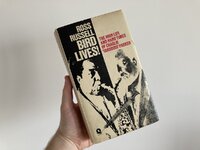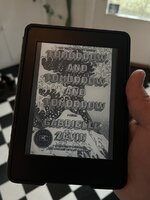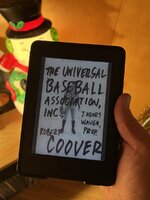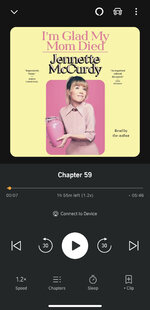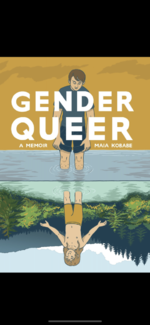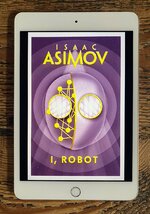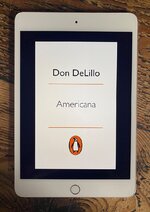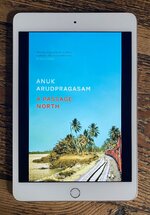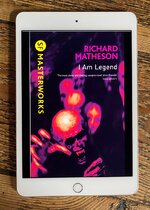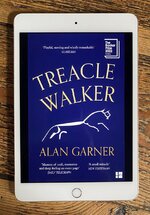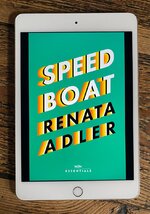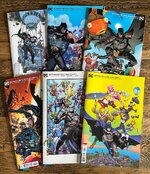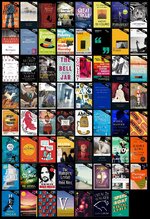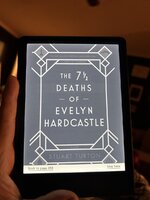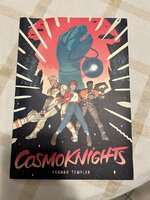Book 36: Tomorrow, Tomorrow, and Tomorrow by Gabrielle Zevin
View attachment 162509
What a charmer, this one. I've been seeing praise for this all year (could've sworn someone in this thread read it but search says otherwise), and despite my contrarian tendencies it didn't disappoint.
The story concerns two kids in the 80s who meet in the game room of a children's hospital and subsequently grow up to develop video games of their own. As far as fictional accounts of creative partnerships/work and video games go, Zevin does a great job of threading the needle of giving enough detail to convey their ideas and their follow-through, while also leaving enough space for the reader's imagination. Often in fictionalized games/gaming I think to myself "wait how do they actually think that would
work as a game?", but that happened rarely here.
The story's heartfelt but not too saccharine, and any time I feared things would stray into melodrama, the characters behaved with an emotional depth that pulled the rug out from under me. The characters are about ten years older than myself, but it still was odd reading a coming-of-age story that spans decades I distinctly remember.
Book 37: The Universal Baseball Association, inc., J. Henry Waugh, Prop. by Robert Coover
View attachment 162510
This was a pretty great pairing with Tomorrow, Tomorrow, and Tomorrow, as it also concerns the builder of a game and the meaning of play. Coover apparently was a favorite author of Gene Wolfe's, so of course here I am.
This one's about a middle-aged accountant who spends his evenings (and an increasing amount of other spare time) playing a dice-run baseball game. He's formulated this expansive baseball league of eight teams, full lineups with names and backstories, with rules and charts and scenarios with sub-scenarios. The narrative flows seamlessly between Henry Waugh (the accountant) and the fictional happenings of the Universal Baseball Association.
As the story progresses, Henry loses control of the league after the in-game bean-ball murder of a rising star, and Henry's growing investment in "correcting" the league has dire ramifications on his real-world life. Some of the descriptions are difficult to wrap one's head around as more and more players are introduced (it's the fiftieth year of the league) and arcane happenings with the political parties surrounding the UBA seem to creep into the game itself.
Mainly I took it as a story about control, as Henry seems to find comfort in gamifying everything (at one point we learn he keeps a dice-run horseracing game in his work desk, and basically rolls dice between accounting to satiate his at-home baseball habit), and being driven increasingly frantic by the chaos that invades his controlled universe. It's wacky and weird; I recommend it.
Book 38: I'm Glad My Mom Died by Jennette McCurdy
View attachment 162511
Hey, I actually listened to an audiobook this year! This one also got a lot of praise through the year, and doesn't disappoint. I was too old to have noticed iCarly, so McCurdy was not on my radar. Still, her experiences as a child star sound pretty standard for the industry, unfortunately. Mostly the focus is on her relationship with her mother, who pressured her to act and was an overall heinous stage mom. A lot of discussion around troubled parent-child relationships revolves around some sort of eventual forgiveness or reconciliation, and it was nice to see someone speaking contrary to that. Sometimes grownups don't have your best interests in mind, and it's okay to reject that.
